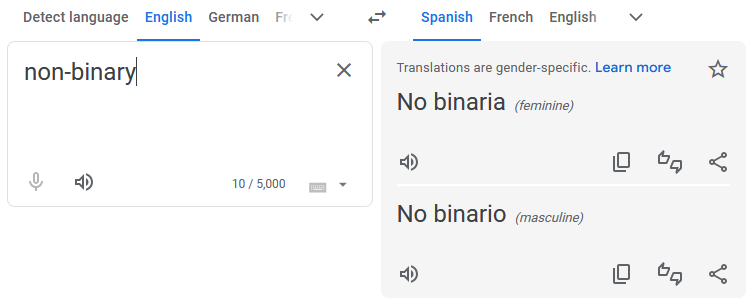this post was submitted on 29 Nov 2024
237 points (96.5% liked)
Linguistics Humor
1134 readers
16 users here now
Do you like languages and linguistics ? Here is for having fun about it
Share this community: [[email protected]](/c/[email protected])
Serious Linguistics community: [email protected]
Rules:
- 1- Stay on Topic
Not about Linguistics, language, ways of communications - 2- No Racism/Violence
- 3- No Public Shaming
Shaming someone that could be identifiable/recognizable - 4- Avoid spam and duplicates
founded 2 years ago
MODERATORS
you are viewing a single comment's thread
view the rest of the comments
view the rest of the comments

Spanish is a consonant vowel language. It's actually super nice because you can read aloud really fast since you don't have to finish reading the word before pronouncing it (something totally not possible in English). Ending a word in nx is such a non-natural change that it's not a grammar rule as much as a forcing of the Spanish tongue to alter its optimized path and pattern to something that is not part of it's vocal structure. That's typically why Spanish speakers I know mock Latinx as tone deaf American virtue signalling. Using an e at the end of a word is more compatible because Spanish avoids hard sounds at the end of words generally.
To the rest of the previous commenters point, switching to e doesn't even solve all of it because the language genderizes all its adjectives. Only an English tongue has the privilege of thinking modifying the noun is enough. And modifying the adjectives can lead to language overlap where adjectives might start to sound like other Spanish words and confuse contextual speaking (which is again, something English speakers take for granted because we have a glut of homonyms due to our very middled language history). It's akin to proposing an entire system of communication be broken for the sake of something that it was not built to accommodate. From the sound of it, it might be worth a trans lingua franca more than changing fundamental effective communication strategies. Basically creating a Swahili of gender awareness and then working to market it effectively so people use it when they need to regardless of language.